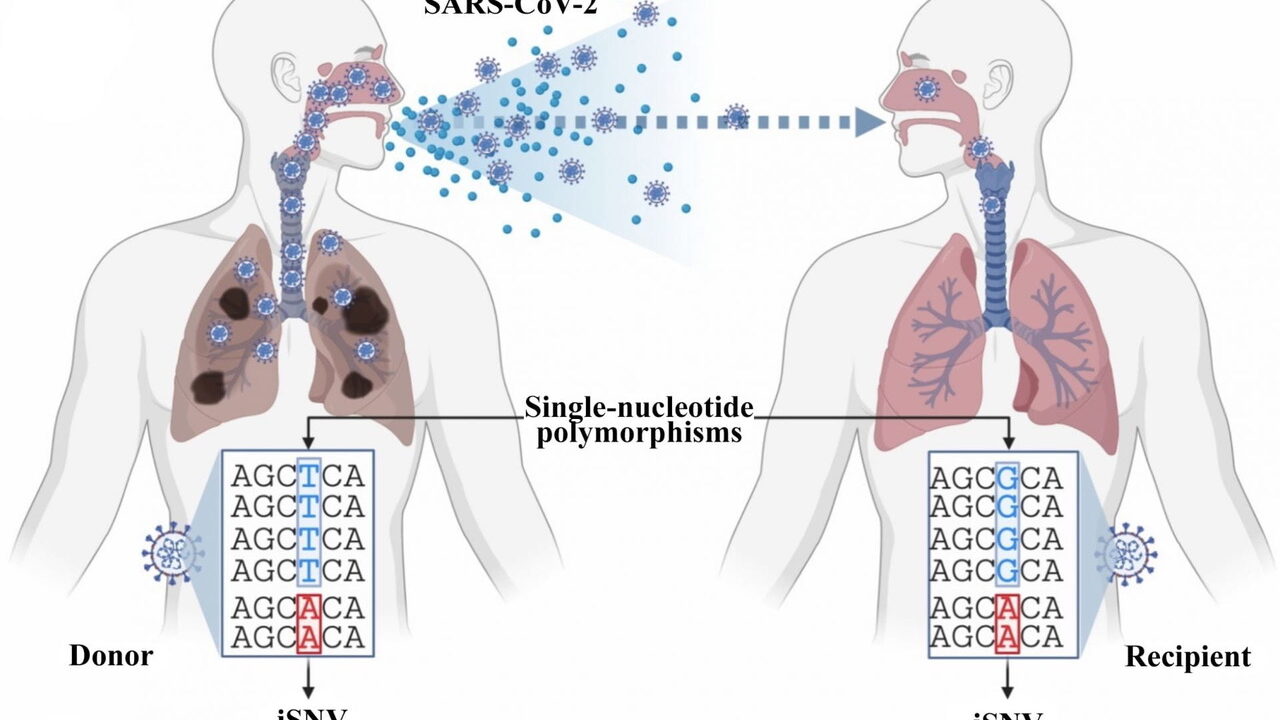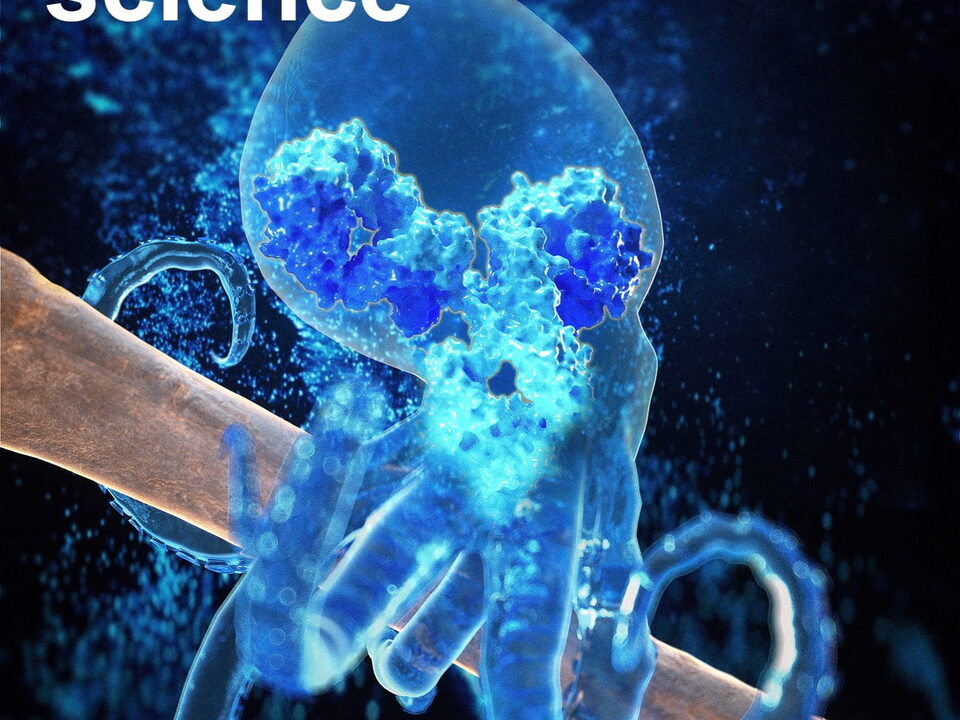Study defines stem cell groups that drive myelodysplastic syndromes, finds potential targeted therapy option
Researchers from The University of Texas MD Anderson Cancer Center discovered that treatment resistance in patients with myelodysplastic syndromes (MDS) is caused by two distinct classes of stem cells and identified possible therapeutic approaches that target these cells. Their findings could have significant benefits for patients with disease progression. This research, which spans preclinical and clinical studies, represents the largest analysis to date of MDS patient samples. If further validated in larger clinical trials, the data...











